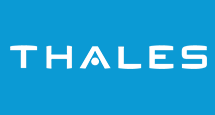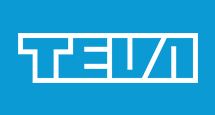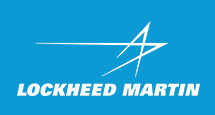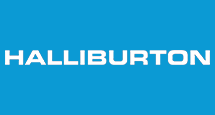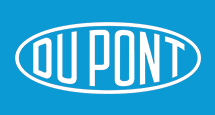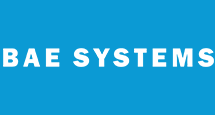Visiongain says ‘Checkpoint Inhibitor For Treating Cancer Market Set To Grow To Over $7.9bn In 2018’
31 July 2018
Visiongain has launched a new pharma report Checkpoint Inhibitors for Treating Cancer Market Report 2018-2028: Analysing Prospects for PD-1 Inhibitors, CLTA-4 Inhibitors and Pipeline Drugs
Checkpoint inhibitors are significant because they utilise the greatest tool that the body has to fight cancer- its own immune defence system. Checkpoint inhibitors are agents that block immune checkpoints on lymphocytes so that immune activity is not down-regulated and continues against cancerous cells. This inhibition can enhance T-cell activity by not only allowing them to remain active but can modulate different types of immune defence system cells such as CD4 T-cells, CD8 T-cells or NK (natural killer) cells.
The potential that the immune system has cannot be overstated and if was harnessed properly, it could be used to wipe out cancer cells from the body completely and in theory result in fewer side effects. The immune defence system in the body has countless cellular interactions that can work against cancerous cells and has the ability to detect even a few tumour cells, conduct surveillance of them, and retain a memory of them which ensures long-term effects.
The lead Visiongain report analyst for this report commented; “The checkpoint inhibitor anti-cancer treatment market has gotten off the ground only in the last few years, but it is expected to continue to rise and change the landscape of cancer treatment. This market has already made strides in melanoma and NSCLC (non-small cell lung cancer) treatment, which have not had this much progress in more than ten years. This trend will continue with further approvals for novel treatments that can offer something new owing to their mechanisms - namely long-term duration of effects. Checkpoint inhibitors utilise the vast potential of the body’s own immune response system and its countless connections to attack cancer cells in the body and use the immune memory cells to eliminate relapses. A recurrence of cancer cells in the body could be recognised and wiped out using this method and could leave healthy tissue alone, curbing side effects and increasing the patient benefit-risk ratio. With this kind of potential, many companies have invested in development of checkpoint inhibitors and the pipeline for these treatments is robust and has a promising future.”
The Checkpoint Inhibitor for Treating Cancer market is highly competitive with many different players entering the market. The report discusses selected leading companies in the market. Notable companies in the global next generation sequencing market Bristol-Myers Squibb and Merck & Co, the first two companies to obtain marketing authority for their PD-1 and CLTA-4 Inhibitors for the purpose of treating cancer.
Notes for Editors
If you are interested in a more detailed overview of this report, please send an e-mail to sara.peerun@visiongainglobal.com or call her on +44 (0) 207 336 6100
About visiongain
Visiongain is one of the fastest-growing and most innovative independent media companies in Europe. Based in London, UK, Visiongain produces a host of business-to-business reports focusing on the automotive, aviation, chemicals, cyber, defence, energy, food & drink, materials, packaging, pharmaceutical and utilities sectors.
Visiongain publishes reports produced by analysts who are qualified experts in their field. Visiongain has firmly established itself as the first port of call for the business professional who needs independent, high-quality, original material to rely and depend on.
Recent News
Visiongain Publishes Drug Delivery Technologies Market Report 2024-2034
The global Drug Delivery Technologies market is estimated at US$1,729.6 billion in 2024 and is projected to grow at a CAGR of 5.5% during the forecast period 2024-2034.
23 April 2024
Read
Visiongain Publishes Cell Therapy Technologies Market Report 2024-2034
The cell therapy technologies market is estimated at US$7,041.3 million in 2024 and is projected to grow at a CAGR of 10.7% during the forecast period 2024-2034.
18 April 2024
Read
Visiongain Publishes Automation in Biopharma Industry Market Report 2024-2034
The global Automation in Biopharma Industry market is estimated at US$1,954.3 million in 2024 and is projected to grow at a CAGR of 7% during the forecast period 2024-2034.
17 April 2024
Read
Visiongain Publishes Anti-obesity Drugs Market Report 2024-2034
The global Anti-obesity Drugs market is estimated at US$11,540.2 million in 2024 and is expected to register a CAGR of 21.2% from 2024 to 2034.


